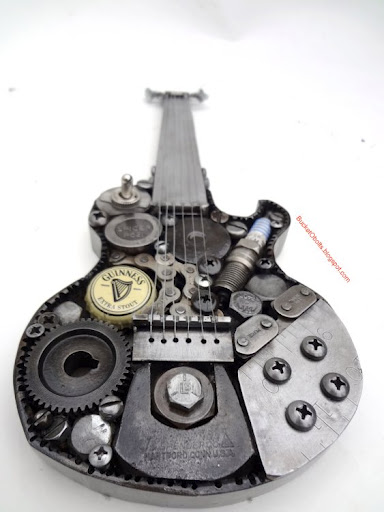Road Guy
Well-known member
Anyone know how to weld?
I was thinking of signing up for a class at a local tech school for a semester..
What I want to be able to do is be able to cut off and remount "stuff" to the frame of my jeep, and later other "stuff"
The used jeep I bought is overall in good shape but the rear mounts on both the frame (body mounts, rear control arms) on the axle are eventually going to have to be replaced.. It would probably be about a grand based on the previous work I just had done on the front arms.. I was thinking I could go ahead and clean and prep them and weld them as is to make them last longer..
Don't know if that is considered structural welding or not?
I don't know anyone who welds so I don't have an immediate option to learn from someone?
Anyone who knows how to weld know if one of those welding and meterullugy classes will teach me what I need to know?
I was thinking of signing up for a class at a local tech school for a semester..
What I want to be able to do is be able to cut off and remount "stuff" to the frame of my jeep, and later other "stuff"
The used jeep I bought is overall in good shape but the rear mounts on both the frame (body mounts, rear control arms) on the axle are eventually going to have to be replaced.. It would probably be about a grand based on the previous work I just had done on the front arms.. I was thinking I could go ahead and clean and prep them and weld them as is to make them last longer..
Don't know if that is considered structural welding or not?
I don't know anyone who welds so I don't have an immediate option to learn from someone?
Anyone who knows how to weld know if one of those welding and meterullugy classes will teach me what I need to know?







